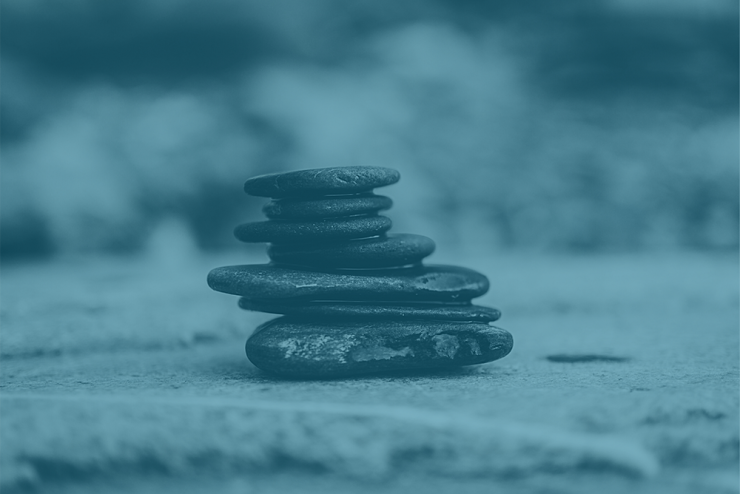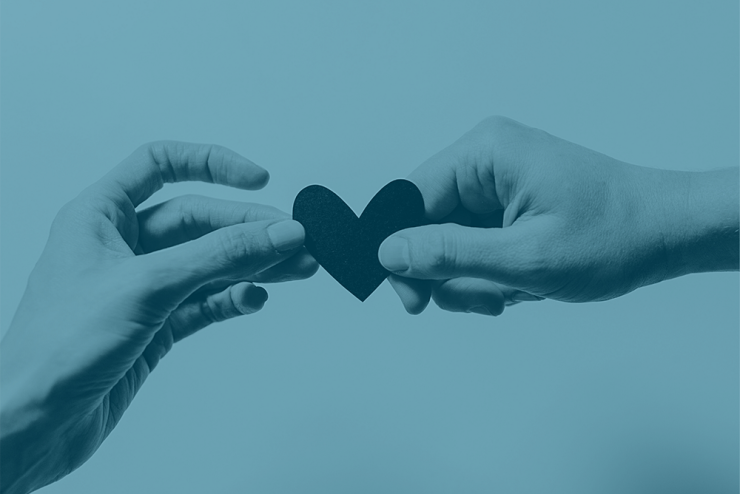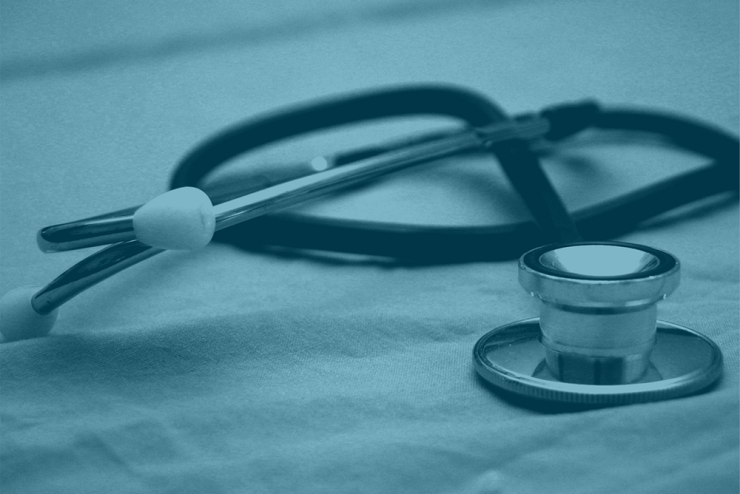No one should make you feel like you can't be yourself or that decisions are not consensual. Child abuse and neglect, sexual assault and harassment, abusive relationships, identity-based harm, and stalking takes choices away from survivors and can leave you coping with a range of impacts.
We know that people often handle things on their own. Still at times it may feel overwhelming or triggering. You may have concerns, such as how to navigate space if you live, work, or are in class with the person(s) who caused harm.
If you have experienced power-based interpersonal violence or are not sure about an experience or relationship, you do not have to figure this out on your own.
How to Reach the Healing & Advocacy Collective
If you would like to connect with a confidential counselor/advocate you are welcome to call, advocate [at] emerson.edu (subject: Finding%20Support) (email), or drop by. We can meet one time; you can drop by when it feels useful; and we can meet on a regular basis.
If you are living/studying somewhere else in the US or world we are happy to meet over a phone or secure video call at a time that works best for you.
Piano Row 240 (down the hall from the Max Cafe), 150 Boylston Street
617-824-8857
advocate [at] emerson.edu (subject: Finding%20Support) (advocate[at]emerson[dot]edu)
We offer confidential advocacy-based counseling. Confidential means that you decide who does or does not have access to what you share with us. This support can include many different things, depending on what you would like:
- Trauma-informed support coping with the impacts, such as feeling overwhelmed, on-edge, anxious, depressed, disinterested, difficulty concentrating, numb, sick, tired, changes in sleep, or other feelings. This may also include safety planning. For example, if you are worried about seeing someone who has caused harm we can help with creating a plan about what to do.
- Academic support, such as working with your professor to change due dates
- Workplace support, such as modifying where you work or your schedule
- Housing support, both on and off-campus
- Participate in OEO meetings with you as your advocate and/or explaining the process so you know your rights and what to expect. We can also go with you to other meetings on or off-campus.
- Request No Contact Orders and Stay Away Directives, both on and off-campus
You get to pick what works for you. There is no right or wrong way to handle things. What you need may change over time. You have the right to make decisions that are comfortable for you. Your boundaries, values, and beliefs should be respected.







